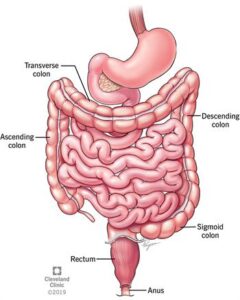Male infertility is a medical condition that affects a man’s ability to conceive a child with his partner. The World Health Organization (WHO) defines male infertility as the inability to achieve pregnancy after one year of regular unprotected sexual intercourse. Male infertility can result from various causes, such as hormonal imbalances, genetic defects, and lifestyle factors.
Hormonal imbalances are one of the most common causes of male infertility. The male reproductive system relies on a delicate balance of hormones, including testosterone, follicle-stimulating hormone (FSH), and luteinizing hormone (LH). A disruption in this balance can lead to a decrease in sperm production or sperm quality. Hypogonadism, a condition in which the body does not produce enough testosterone, is a common hormonal disorder that can cause male infertility.
Genetic defects can also contribute to male infertility. For example, a condition called Klinefelter syndrome, which results from an extra X chromosome in males, can lead to reduced sperm production and infertility. Similarly, Y chromosome microdeletions, which are small missing pieces of genetic material on the Y chromosome, can also lead to male infertility.
Lifestyle factors can also play a role in male infertility. Smoking, for instance, has been shown to decrease sperm count and motility. Excessive alcohol consumption, drug use, and exposure to environmental toxins, such as pesticides and chemicals, can also contribute to male infertility.
Other medical conditions can also affect male fertility. Varicocele, a condition in which the veins in the scrotum become enlarged, can cause reduced sperm production and quality. Infections, such as epididymitis and orchitis, can also lead to male infertility.
Diagnosing male infertility typically involves a thorough medical history, physical examination, and semen analysis. Semen analysis is a critical diagnostic tool that measures various aspects of semen, such as sperm count, motility, and morphology. Additional tests, such as blood tests and genetic testing, may be necessary to identify the underlying cause of male infertility.
Treatment for male infertility depends on the underlying cause. Hormone therapy, for example, may be prescribed to correct hormonal imbalances. Surgery may be necessary to correct varicocele or repair other physical abnormalities. In some cases, assisted reproductive technologies, such as in vitro fertilization (IVF) or intrauterine insemination (IUI), may be recommended to help achieve pregnancy.
In conclusion, male infertility is a complex medical condition that can have various underlying causes. Understanding the potential causes of male infertility and seeking timely medical care can improve the chances of successful treatment and conception. If you or your partner are struggling with infertility, it is important to speak with a healthcare provider to receive appropriate diagnosis and treatment.





